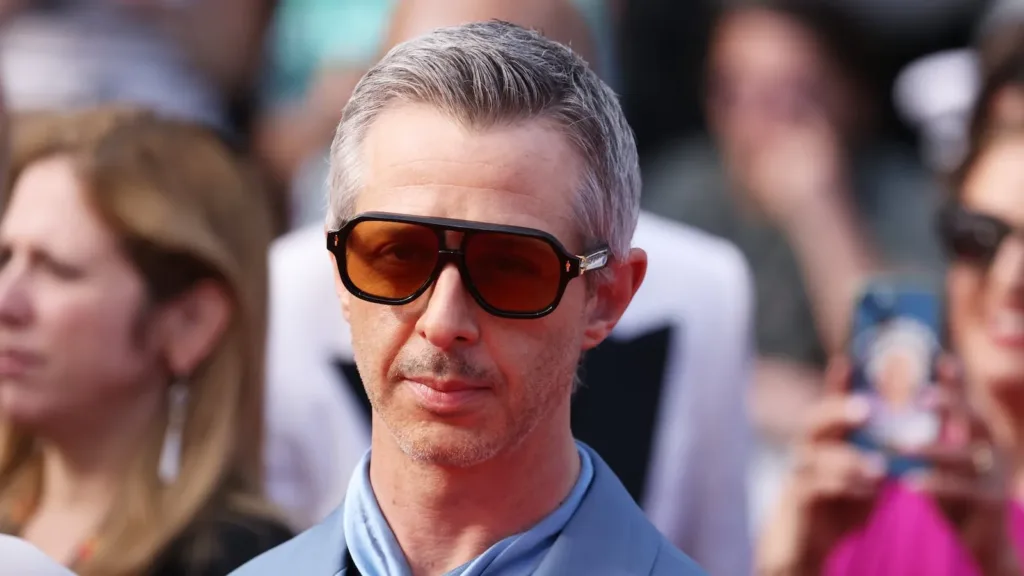Jeremy Strong likened the Cannes competition jury’s final huddle to “a conclave with champagne,” a papal-sounding image that broke the customary secrecy surrounding how nine jurors decide the world’s most watched film prize. Led by French actor Juliette Binoche, the panel spent 11 days weighing 22 entries before emerging on 24 May to hand the Palme d’Or to Iranian dissident Jafar Panahi for his revenge drama It Was Just an Accident.
The Grand Prix went to Joachim Trier’s Sentimental Value, while the Jury Prize was shared by Óliver Laxe’s desert odyssey Sirât and Mascha Schilinski’s family saga Sound of Falling. Nadia Melliti and Wagner Moura collected the acting awards, and Kleber Mendonça Filho was named best director for Brazil’s The Secret Agent.
Asked why the panel backed such politically edged work, Binoche said Panahi’s film “springs from a feeling of resistance, survival, which is absolutely necessary today”. That theme had framed the festival from the start: at the opening press conference the Oscar winner warned that “the world is going to places that are very dangerous,” and Strong added that “truth is under assault,” arguing that cinema remains a vital counter to misinformation. Strong, who portrayed Roy Cohn—the mentor he calls “the progenitor of fake news”—in last year’s The Apprentice, said serving on the jury felt like balancing that portrayal by championing “truthful storytelling”.
The deliberations unfolded behind closed doors at a Mediterranean villa where champagne is a long-standing perk of jury duty, but insiders say debate was brisk rather than boozy. Alongside Binoche, Berry and Strong, the group mixed South Korean auteur Hong Sang-soo, Italian actor Alba Rohrwacher, Indian director Payal Kapadia, Mexican filmmaker Carlos Reygadas, French-Moroccan novelist Leïla Slimani and Congolese documentarian Dieudo Hamadi. Their verdicts crowned a festival coloured by talk of global conflict, trade tariffs and Gaza, yet punctuated by a celebratory flourish: the moment champagne glasses finally clinked, signaling white smoke for Panahi’s long-awaited triumph.
